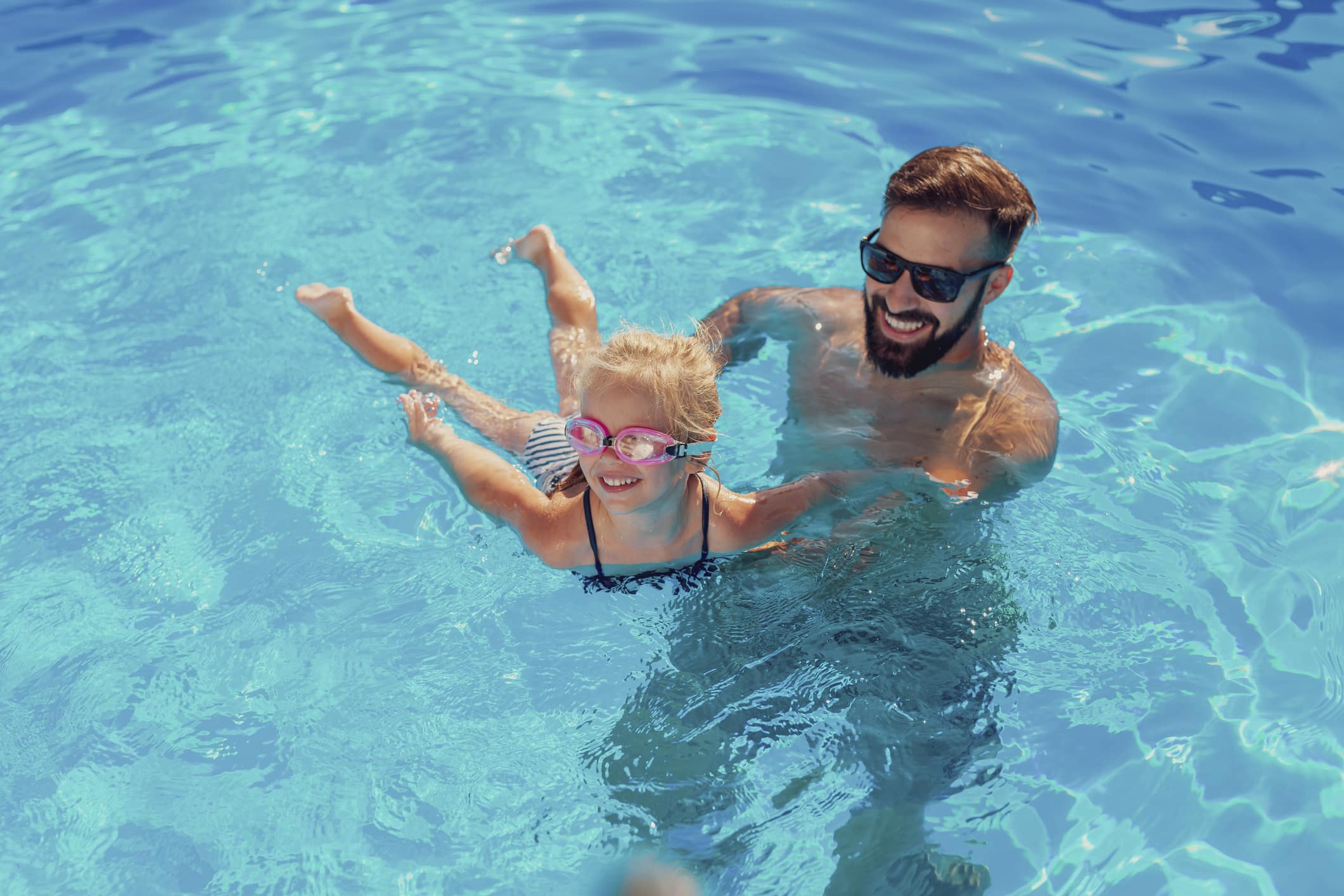
How to Keep Your Kids Safe at the Pool or Lake
As summer heats up, many families with young children are flocking to Angola and surrounding communities to take advantage of the region’s array of lakes and bodies of water.
And although swimming and boating often sound like harmless fun, the number of water-related injuries treated at Cameron increases substantially during the warm months.
Lake and Pool Safety Tips for Summer
Drowning is the leading cause of death for children between ages 1 and 4, so it’s critical that parents address the risks associated with swimming. Fortunately, by following a few simple steps, you can significantly decrease the chance of water-related injuries.
- For young children, it’s particularly important for parents and guardians to keep a close eye, said Susan Frayer, M.D., double board-certified in pediatric and emergency medicine at Cameron Pediatrics. Regardless of other precautions taken, such as life preservers and swim lessons, Dr. Frayer urges constant adult supervision when children are near a body of water. “Even if children know how to swim and are wearing life preservers, they can get into trouble quickly,” she said. “Nothing replaces adult supervision.”
- In addition to adult supervision, Dr. Frayer recommends enrolling your children in swim lessons. These classes not only teach swimming skills but other life-saving measures, such as how to float while awaiting help.
- For home swimming pools and hot tubs, be sure to install a fence or barrier around the area. The barrier should be tall enough to ensure children can’t climb over and should latch at the gate. In addition to a fence, Dr. Frayer also recommends installing covers and alarms on and around your pool.
- Consider taking a CPR class. Having this skill can save lives in an emergency. In the event of a drowning, CPR is one of the most effective methods of preventing brain injury and death. CPR uses chest compressions to simulate how the heart pumps, which can help keep blood flowing throughout the body.
- For those operating boats on local lakes and rivers, always keep enough life preservers on hand for each individual on the boat. Also make sure that all children on the watercraft are properly fitted with a life preserver. If a flotation device doesn’t fit properly, it might not keep the user adequately protected.
For more information about water safety for children, reach out to the Cameron Pediatrics team at Cameron. Call 260-667-5690 or visit our website.
©2025 Cameron Memorial Community Hospital
416 E. Maumee Street, Angola, IN 46703

Recent Comments